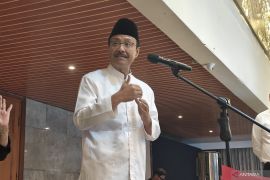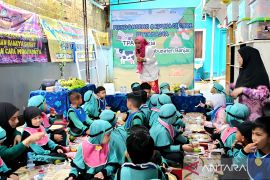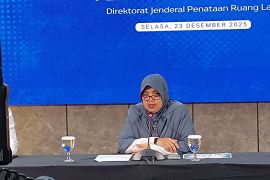“The care economy is not only about taking care of children, but also includes care for the elderly, the sick, and persons with disabilities. Formal jobs have clear salaries, but informal ones go unpaid,” the ministry’s deputy for population control, Bonivasius Prasetya Ichtiarto, said here on Saturday.
He explained that caring for old people, children, or the sick is often unpaid work; therefore, in the care economy scheme, the economic value of those activities will be quantified.
He said that the government has designed several programs to help women remain productive, including the recently launched Tamasya program, which provides workplace-based daycare centers.
Related news: VP highlights significance of people-oriented economy
“If a mother takes care of her child, she cannot work, which means she loses her job. This is the general view. So, what is the government doing? An action plan for the care economy has already been drafted,” he informed.
He said that the government will calculate the value of each activity in the care economy. “For example, if a woman does not work but takes care of her child, there will be support from the government,” he expounded.
Ichtiarto said that the support will not necessarily be in the form of direct incentives, but could include other types of assistance, such as the provision of caregivers when people of productive age enter old age, similar to Scandinavian countries.
“Or, like in Scandinavian countries, if we take care of our parents, the value of that care is acknowledged, even if it is not in the form of money. So that when we ourselves are elderly, we have the right to request that the government provide someone to care for us,” he added.
Related news: Family Day should generate multiplier effect on local economy: BKKBN
Translator: Lintang, Kenzu
Editor: Rahmad Nasution
Copyright © ANTARA 2025












